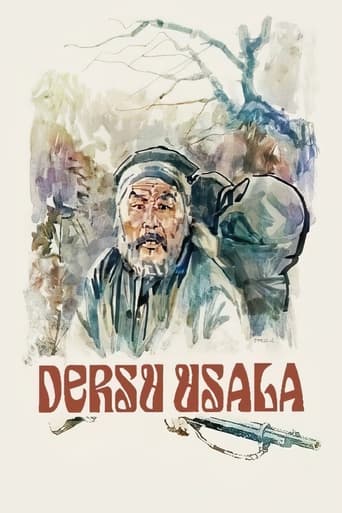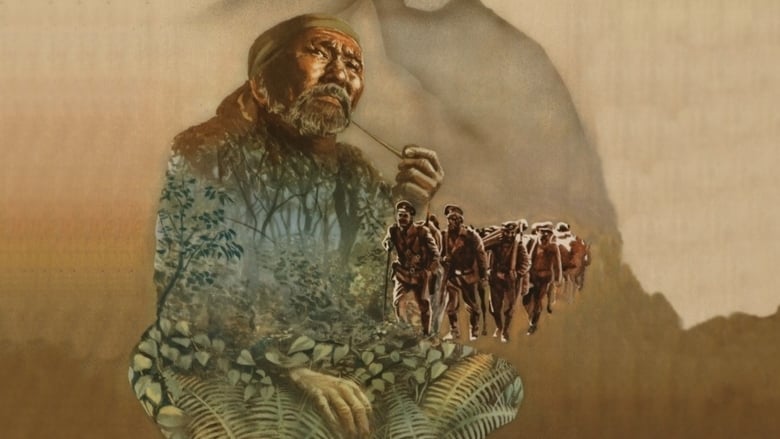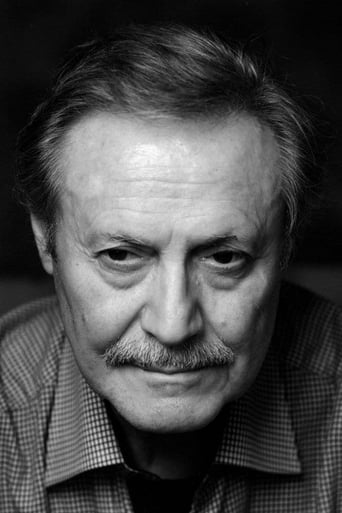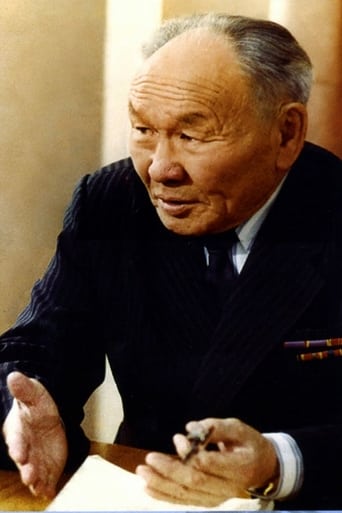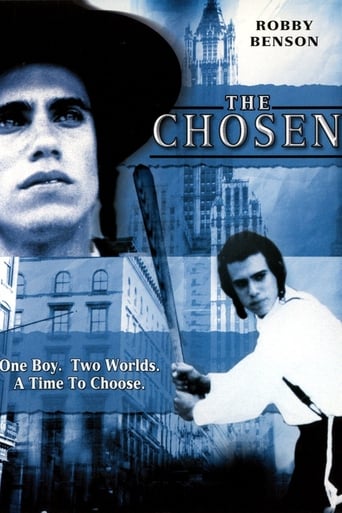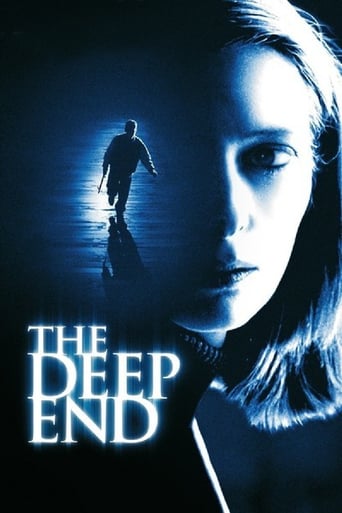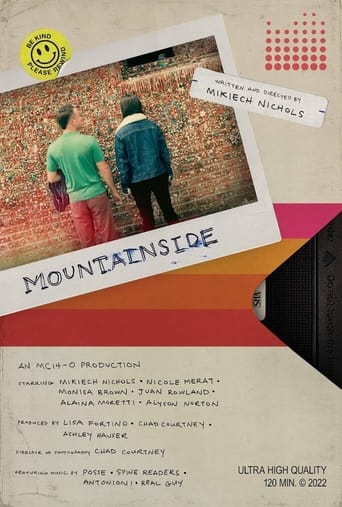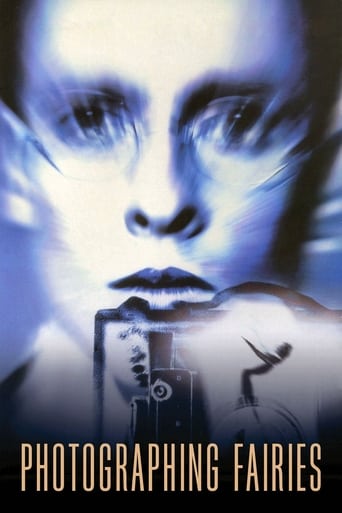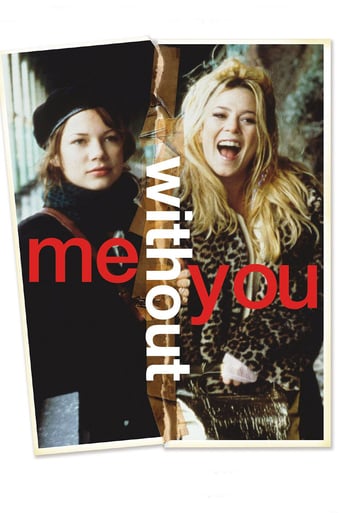Dersu Uzala (1977)
A military explorer meets and befriends a Goldi man in Russia’s unmapped forests. A deep and abiding bond evolves between the two men, one civilized in the usual sense, the other at home in the glacial Siberian woods.
Watch Trailer
Cast


Similar titles
Reviews
That was an excellent one.
Sorry, this movie sucks
Powerful
a film so unique, intoxicating and bizarre that it not only demands another viewing, but is also forgivable as a satirical comedy where the jokes eventually take the back seat.
From director Akira Kurosawa (Ikiru, Seven Samurai), this Russian film featuring in the book 1001 Movies You Must See Before You Die was one that sounded like an interesting watch, I was surprised some critics only gave it three out of five stars and more sources give it higher praise, so I was interested which opinion I would gain. Basically, set in 1902, an army of Russian soldiers are on an expedition and under the command of Captain Vladimir Arseniev (Yuri Solomin) they are assigned to explore Siberia, and as they trek through the forests they meet Goldi (Nanai) hunter Dersu Uzala (Maksim Munzuk). Captain Arseniev becomes good friends with Dersu Uzala and he is invited to become the guide for the explorers to tread through the forest to Khanka Lake, and as they continue their journey the Captain finds his new friend has a beautiful soul. One time the two friends are caught in open space where the temperature will drop dramatically, and they only have a field of straw that they can cut down and use to make shelter, and after they survive this the hunter says goodbye to move on. Five years pass, and the army are assigned to head for the Ussuri River for another expedition, and Captain Arseniev is happy to meet up with Dersu Uzala again in the forest, and he once again joins them to become guide for the group, but he is much older and his eyesight has become problematic. The Captain invites the hunter to Khabarovsk City to live with his family so they can look after him for a while, but the old man finds it very difficult to adapt to an urban lifestyle, so he returns to life in the forest,l and as a parting gift he gives his friend a new weapon, a rifle. Five years later in Korfovskaïa the body of a man has been brought in and Captain Arseniev is called to identify it, they only have a calling card as any indication of his identity, they are sure it may be Dersu Uzala, he confirms it is and that he must have been killed for the weapon. Also starring Aleksandr Pyatkov as Olenin, Vladimir Kremena as Turtwigin, Suimenkul Chokmorov as Jan Bao, Svetlana Danilchenko as Anna Arseniev and Dmitri Korshikov as Vova. Solomin gives a nice gentle performance as the leader of the small army group, but Munzuk almost steals the show with his wonderfully wise and charismatic performance as the wild hunter who has great knowledge for survival techniques, I can sort of agree that there are shots where we are looking at something for a period of time, like a field, snowy places or forest trees, but I think these moments are interesting besides the action sequences and whatever, I found it a great poetic period drama. It won the Oscar for Best Foreign Language Film. Very good!
One important issue was yet not touched in previous reviews - it's the Vladimir Arseniev books, that became Kurosawa's Dersu Uzala story. Not just memoirs or journal, but books that were written by Vladimir Arseniev based on his experience as an explorer of Sikchote Alin. These books were and still remain popular and well known in Russia. The books are based on memoirs and journals of Arseniev, but he made a good work to create a literature of them. And this he did exactly by focusing on friendship between him and Dersu (which indeed took place), and on unique character of the latter. And a great part of the books is a beautiful depiction of nature. The film "Dersu Usala" follows these initial focuses and ideas to make perfect visualization.So, please also pay some tribute to the soul and talent of Vladimir Arseniev, whose work is a masterpiece in itself, even if there were no any films based on it.There is a wiki page about this writer and some of his books were translated and can be found by non-Russian-speaking readers.
Sometimes, it is possible to see how a movie director's changing life has impacted on the way in which he or she approaches making a motion picture. Don't worry, I'm not some crazy auteurist; I'm not talking about themes or symbolism, just the changing relationship between the camera and the material. In 1970 Akira Kurosawa suffered the disastrous commercial and critical failure of Dodesukaden, a picture he had poured a lot of his own funds into producing. Soon after this lifelong humanist made what we can assume was an earnest but thankfully unsuccessful suicide attempt. Dersu Uzala was his the picture he made next.Dersu Uzala is often categorised as an anomaly in the Kurosawa filmography anyway, as it was his only feature made outside his native Japan. This adaptation of a Russian explorer's memoir is a potentially serious departure for a director who previously wrote all his own scripts and always seemed to have his finger on the pulse of Japanese society. Still, the wilderness setting and interaction between humanity and landscape in the story ultimately makes this a tale that could be of any time or place. The largely Russian film crew seems particularly in tune with the Japanese director's sensibilities. The musical scoring by Isaak Shvarts has that beautiful haunting quality of Mussorgsky and Rimsky-Korsakov, which Kurosawa would no doubt have appreciated. His long-term director of photography Asakazu Nakai works with a pair of Russian cinematographers to great some wonderful images that have the warm softness of impressionist painting.This last point is particularly important for the late-period Kurosawa. He had long been an accomplished amateur painter, but never has this been more apparent in his film work than in Dersu Uzala. We now see in him a desire to create smooth tonal patterns for the screen, creating compositions that are primarily for aesthetic value, even something as mundane as the shot of sleeping soldiers before they meet Dersu, in which everything is arranged in harmonious diagonals. Howard Hawks once derided the widescreen format as being a bad move because it was a shape rarely chosen by painters, but Kurosawa manages perfectly with it. Painterly his approach may be but it is still cinematic. His frequent use of movement in depth shows his understanding of the frame as a three-dimensional space as oppose to simply a short, wide box. Often a little movement and sound adds to the overall impression, the ripple of water, the crackle of fire and the noises of wind and creatures. With complete control over every element of a shot, Kurosawa is constantly seeking to evoke the might of the forest, its beauty and its mystery.This may be conjecture, but it may be that Kurosawa, shaken by his recent experiences and advancing age, is here taking a step back, unable to connect with fully his subject and humanity in general. After all, painting is generally a solitary pursuit. There are no close-ups in Dersu Uzala, and an unusually low proportion of mid-shots. We are rarely encouraged to focus on facial expressions, and almost always take the place of detached observers, lurking in the bushes. Also contrary to much of Kurosawa's earlier pictures, in which the acting was often flamboyant and hammy, the players here are subdued and realistic – something which incidentally lead players Yuri Solomin and Maxim Munzuk respond especially well to, with Munzuk's performance being incredibly moving at times in its subtle expression. And yet Kurosawa barely allows us to feel as if we know these characters. The physical sense of distance makes us feel like voyeurs on their lives, and while the picture is filled with breathtaking beauty the director's tendency to envelop us in the human warmth of a story has vanished.However as an uplifting postscript, Dersu Uzala was a considerable success, especially at the Russian box office, also gaining recognition elsewhere including an Oscar for Best foreign picture. This veteran director, back from the brink of despair, would soon make some fruitful collaborations with Hollywood producers, and his career would end in a blaze of glory.
Kurosawa is first and foremost, a story-teller. Through his stories we see much of ourselves--who we are, can be, the limits of our ethos and preconceived notions of who we are or capable of. Kurosawa amazes us with his range. Stories set in contemporary Japan. Ancient Japan. From businessmen to detectives to .... a strong little man living alone in the most desolate land on earth--Siberia. It is based on memoirs? of a Russian Army Captain who encountered Dersu at the end of the 19th century, when Russia was still mapping what it was--something that George Washington did when our country was unexplored. The story, of course, cannot avoid the necessary comparison of modern man with paleolithic nomadic man. What is good, evil, the measure of men specific to one's time. What senses have we lost or have been dulled by living in cocoons of civilization, warm houses and shared responsibility for warding off cruel nature and the creatures who inhabit the shadows outside the firelight. How important are fire, salt, matches, ammo.... all precious things that should be husbanded and even left in forest shelters for those who might need them in times of privation and soul lost wandering. Dersu says, "You bad man!" and "You very good man." and sometimes to the same man! He sees that no man is either all good or evil, but is capable in each moment of becoming either. We see men whose"normal" lives in civilization were shattered, and they went out into the wilderness to die or live, and let the gods determine their fate. I fell in love with this movie. And I laugh at many of us--the most modern and out-of-touch with nature: nature as beauty and as cruel harvester of our bodies when we can no longer push headlong into the dark blizzard. Now, so many of us dishonor the remaining tigers, bears, apex predators and a world seemed too green and gauzy and nonthreatening to so many. Why not go for a jog in the Colorado mountains? How many are killed, eaten by mountain lions, because they didn't respect nature as she is. Bears, wolves--why they won't hurt you if you but sit and gaze upon them with zen-like concentration--I fear you not, my brother. Yet this movie shows that we need not hate what ultimately comes to take us away to that land from in no traveler returns. The tiger is a god. And when one cannot kill him, clean and swift, and he runs away, then the gods say you will die soon. Not just a pretty creature to aim one's camera or rifle at and sigh. Or that fool in Herzog's "Grizzly Man". Anyone who knows the out of doors and the power nature still has over us, can only laugh at the idiot who pranced and danced amongst the grizzlies. Well, joke's on you, mister. It just so happened your hubris and modern sensibilities and lies you've told yourself about nature came around to bite you..... et' you.Dersu Uzala is the divine opposite of Herzog's either ironic or stupid "Grizzly Man". Nature was neither a winter playground or an ugly place at all. For Dersu reveled in the smells, sounds and cornering winds that made the fire become something different with each poke of an ember reddened stick. Where life is now in the living. And nature is neither Disneyland nor a living hell, but is the relentless earth, moiling and seething, buckling up and taking one finally, in the end. A superb movie that should be seen by many many more folk.

